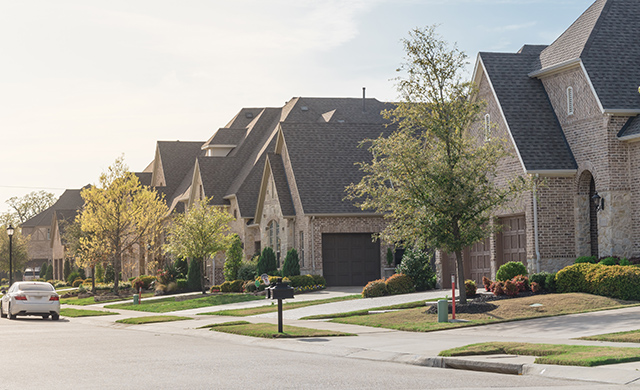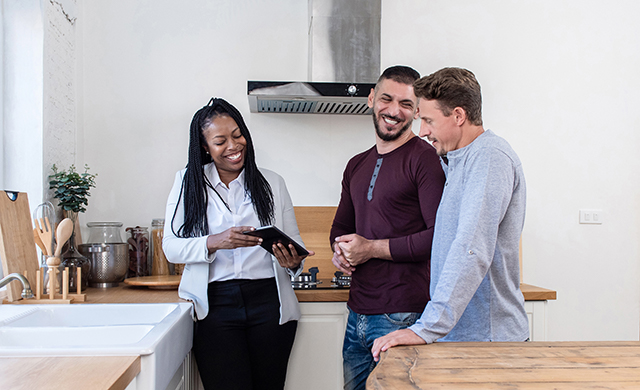Help Your Pets Adapt to Your New Home
Diana Carroll2022-07-05T06:18:38-05:00Moving into a new home can be equally exciting and disruptive—not just for you and your family but for your animals as well. Since pets are creatures of habit, changing the environment can cause anxiety. Here are four ways to make the transition to the new setting easier. Restrict Access In the beginning, limit access to certain rooms so that it isn’t so overwhelming. Take your pets on a tour of the available rooms and let them roll around to incorporate their own scent. Make it Familiar There may be a temptation to buy new things for the new space. However, it’s best to incorporate recognizable scents. Keep their bed, toys, cat tree, blanket, or other favorite items around. It can also help if you stay home as much as possible the first few days to make them feel more comfortable. Don’t Mess with Routines This isn’t the time to stop letting them sleep on the bed or change the type of food they eat. The key is to create consistency and stability. If your dog is used to walks at six in the morning and again at five, stick to it. The same goes for feeding time. Have Patience During the orientation period there may be bathroom accidents, excessive barking, or frequent hiding. Give your pets space and time to get acclimated. If needed, contact a veterinarian for additional coping strategies. Need a recommendation for a vet in the area? Check with your REALTOR®.









